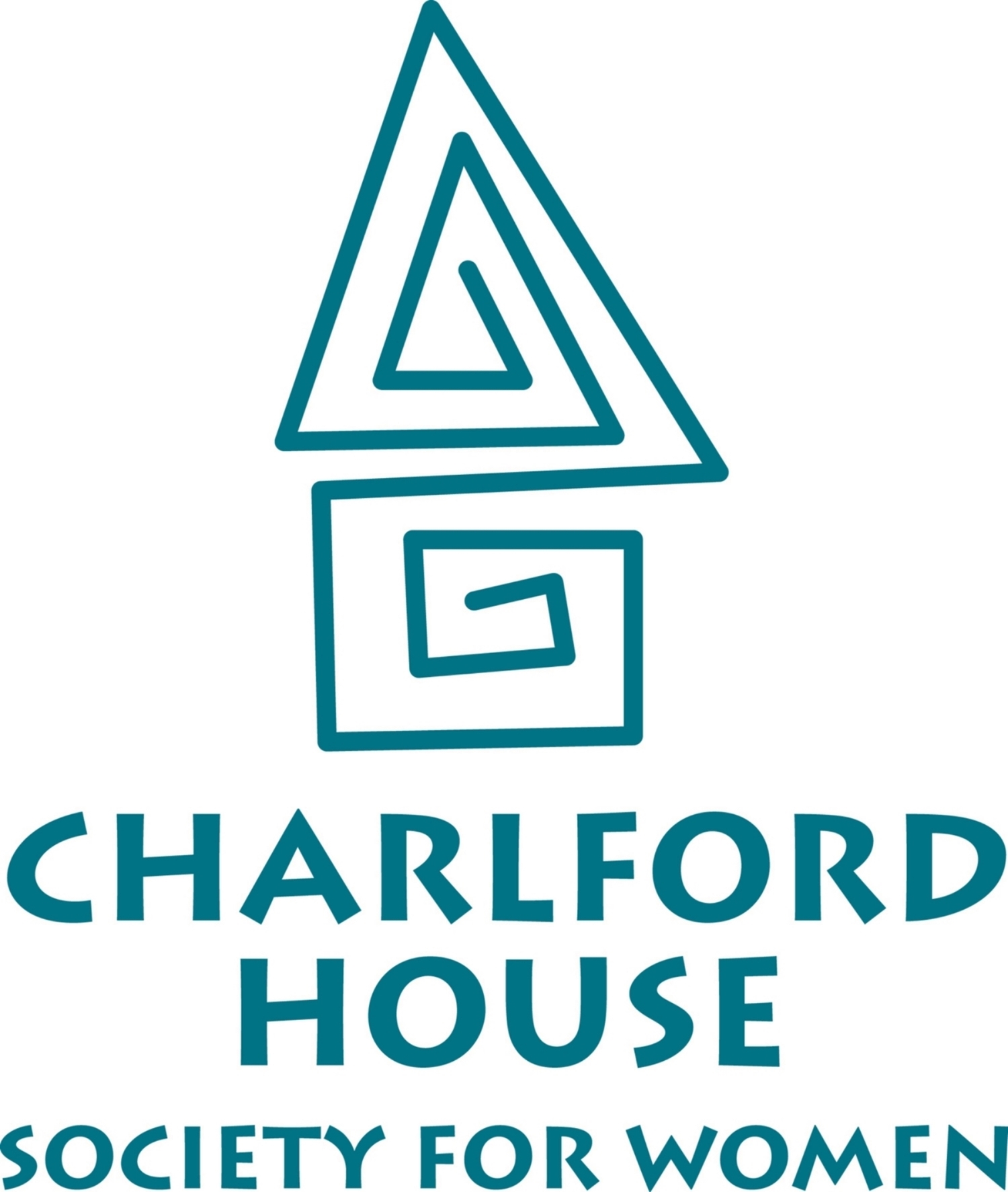Written by Miranda Vecchio
In this time of uncertainty, some things (unfortunately) remain certain...
On April 14, 2016, a public health emergency was declared in BC, due to the number of overdose deaths that had been recorded in the months leading up to that time.
Since then, more than 5,000 people have lost their lives to overdoses in BC. More than 1,200 of those deaths happened in Vancouver.
Many resources have been focused on resolving this crisis and many organizations mobilized to respond.
Government funds have been directed towards harm reduction; access to and training for the use of Naloxone (a non-addictive medication that reverses the effects of opioid overdose) has become widespread. Universal awareness campaigns have boldly confessed that “the addict is your neighbour, your co-worker, your uncle, your child...”
While combined efforts resulted in a decrease in overdose deaths in 2018 and 2019, 2020 has seen another spike. In March of this year, 116 illicit drug overdose deaths were recorded throughout the province; Vancouver recorded eight suspected overdose deaths in one week alone. Burnaby has also observed a rise in the number of overdose events and fatalities.
It’s important to note that not everyone who overdoses is a regular drug user, however, addicts do contribute to these numbers.
It is clear that BC is experiencing two public health emergencies at once: CoViD-19 and overdose.
CoViD-19 further compounds and exacerbates the associated physical health risks (respiratory issues, compromised immune systems for instance) for vulnerable populations.
When it comes to addiction, help for these men, women and children /youth, is often challenged by stigma, marginalization and socio-economic barriers including housing or health care. In addition, most who experience addiction are dealing with a co-existing mental health disorder such as depression, anxiety, bi-polar or post traumatic stress.
CoViD-19 necessarily has people sheltering in place, social distancing, wearing protective masks and gloves for personal safety. This of course impacts the amount of resources readily available at any given time. It also adds to the already worrisome tendency of the addict population to hide out from life in general.
In many cases, what a drug user really suffers from, is the dis-ease of isolation. I fear that in this day of Co-ViD-19, far too many will have a glimpse into this grim world, where the challenge of coping is too often beyond one’s own grasp. This is typically when a person will reach for something outside of themselves to help them feel better.
Liquor stores have been open throughout the pandemic (apparently, they are considered an “essential service” – Go figure!) and have recorded a 40% increase in sales. Addiction to alcohol is expected to rise exponentially as a result. Inevitably, some people will cross that invisible line into alcoholism while “just trying to take the edge off”. As I heard one person put it: “This will result in a ‘tsunami’ of people needing help”.
It takes a lot of courage to admit to oneself, that one might have a problem. It is harder still, to reach out for help when necessary. Rest assured though, that when such a time comes, help is available.
Remember: You are never alone. It only feels that way. That is the dis-ease of isolation. The only cure is contact.
If you or someone you know is suffering, please contact: Alcohol & Drug Information and Referral Service
604-660-9382 or 1-800-663-1441
Written by Miranda Vecchio, Executive Director, Charlford House Society for Women
Charlford House is a not-for-profit women’s treatment centre in North Burnaby
604-420-6601
miranda@charlfordhouse.ca
To donate: charlfordhouse.ca/donate

